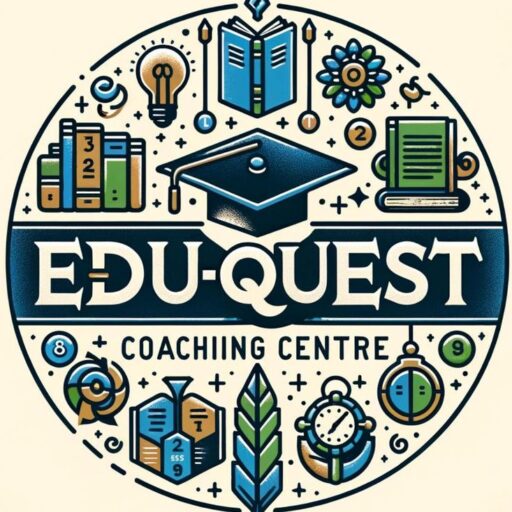
Title: Unlocking the Language of Mathematics: A Journey Through Algebra, Differentiation, and Integration
Mathematics is often described as the language of the universe. At its core are three fundamental topics that form the foundation for much of higher mathematics and many scientific fields: algebra, differentiation, and integration. Whether you’re a student, a professional revisiting math, or someone curious about how the world works, understanding these subjects can be both empowering and enlightening.
Algebra: The Art of Abstract Thinking
Algebra is typically the first major branch of mathematics that introduces students to abstract reasoning. Rather than dealing solely with numbers, algebra uses symbols and variables to represent relationships and solve problems.
Key concepts include:
- Equations and inequalities: Understanding how to manipulate and solve for unknowns.
- Functions and graphs: Exploring how changes in one quantity affect another.
- Polynomials and factorization: Breaking down complex expressions into simpler components.
Algebra is everywhere—from managing finances to writing algorithms. It lays the groundwork for advanced mathematical thinking and problem-solving.
Differentiation: The Mathematics of Change
Moving into calculus, differentiation examines how things change. It’s used to determine rates—how fast something is moving, how quickly costs rise, or how a curve bends.
Key concepts include:
- Derivatives: Measures of how a function changes as its input changes.
- Rules of differentiation: Such as the product rule, quotient rule, and chain rule.
- Applications: Tangents to curves, motion analysis, optimization problems.
Differentiation is essential in fields like physics, engineering, economics, and biology, where change is constant and must be measured precisely.
Integration: The Mathematics of Accumulation
While differentiation focuses on rates of change, integration is concerned with accumulation—adding up small parts to find the whole. It’s the reverse process of differentiation.
Key concepts include:
- Indefinite and definite integrals: Representing general functions and exact values.
- Area under curves: A core geometric interpretation of integration.
- Applications: Calculating areas, volumes, work done by forces, and probability distributions.
Integration plays a critical role in solving real-world problems involving area, volume, and accumulated change over time.
Why These Topics Matter
Courses that cover algebra, differentiation, and integration not only teach specific mathematical techniques—they foster analytical thinking, precision, and logical reasoning. These skills are highly transferable across careers in science, technology, finance, and beyond.
Whether you’re preparing for exams or brushing up on your knowledge, these core mathematical areas open doors to deeper understanding and innovation.
